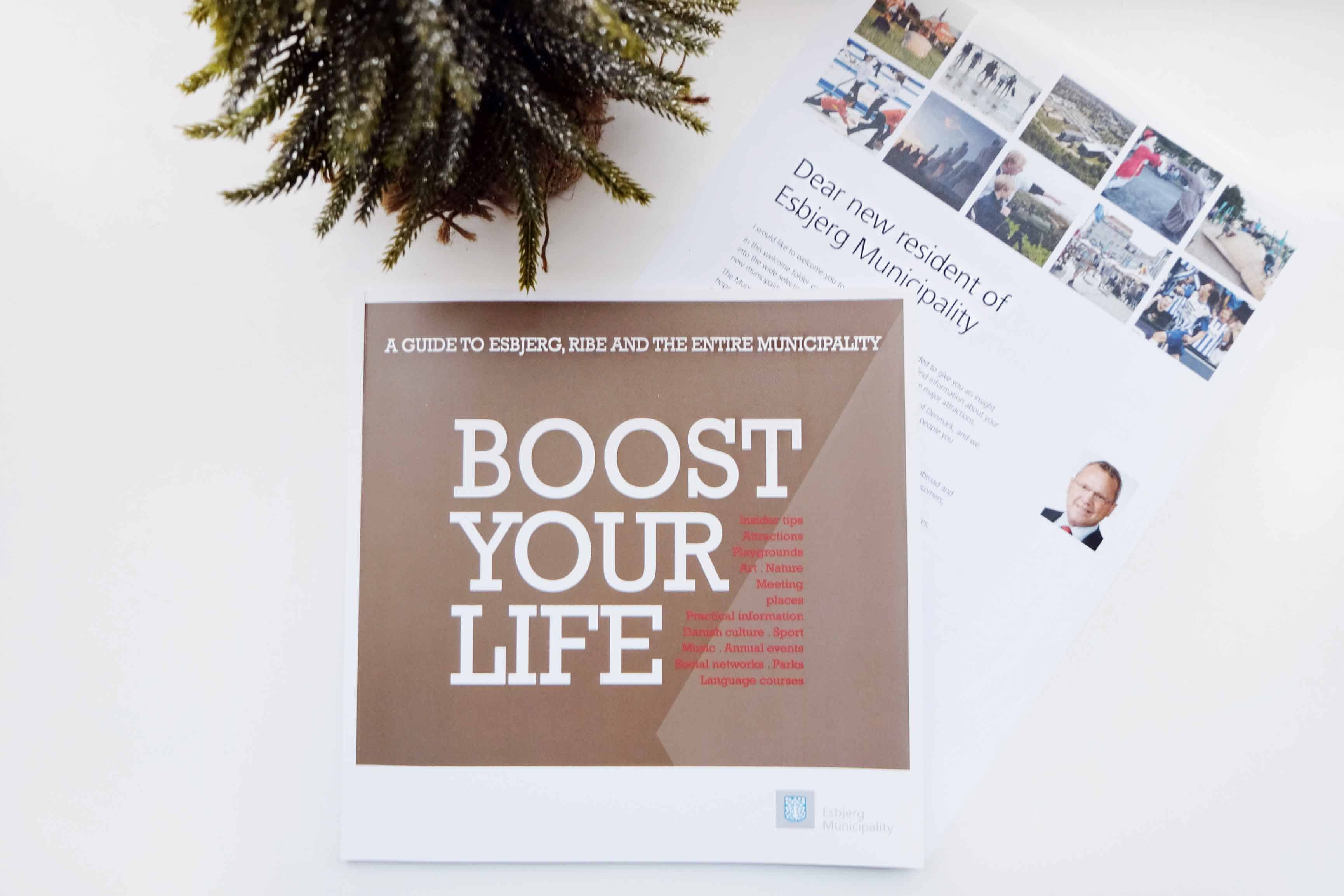Last Updated on
Moving abroad and becoming an expat can be a very exciting time. But the preparation in becoming in expat can be very overwhelming. Should you prepare? What is there to prepare for? And how should you prepare? An important step when moving is the preparations you should take before you arrive in your destination.
There were a few things I did to prepare myself before our move, and due to that, I have found life away from home has been relatively easier to manage.
Cultural Differences
Anywhere you move to there will be a cultural difference. Some places may be more extreme than others, and some may only be subtle. I have found Denmark to be very comparable to Canada in some ways, and quite different in other ways.
Prior to coming out to Denmark I decided to research some aspects I may find to be different ranging from attitudes in the workplace, what the Danish value, how they interact with strangers, how they view foreigners etc.
This allowed me to prepare myself mentally for any difference I would encounter, and be able to respond accordingly.
A good tool to get an in-depth look into cultural dimensions in a country is this one by Geert Hofstede.
Have An Open Mind
Moving away from home can be very challenging on its own. Packing, saying goodbye, leaving your comfort zone, and then on top of that you are being thrown into a country where you likely won’t know their language.
Before I left Canada, I told myself over and over again how much life would change. I prepared myself to trade in my car for a bike (a car was something I didn’t think I’d be able to live without) and prepared myself for being potentially isolated.
Canadians (as a generalization) are very welcoming and apologetic. I knew I may not encounter this on a regular basis overseas. Not receiving a smile back or an apology when I get bumped into doesn’t bother me. After all, I am the one living in someone else’s country. It’s me who needs to adapt to everyone around me, not the other way around.
That being said, I’ve found Danish people to be very friendly.
A New Schedule (And Possibly No Job)
This was the hardest one for me to accept. If your partner is the one who will be working, there is a good chance you may not be working due to your visa restrictions, language barriers etc.
At first the free time may seem like a blessing, and it’s something I believe you should enjoy because free time doesn’t come around too often, but after a while you may begin to feel restless and can even begin to feel depressed.
I dealt with this in a very proactive way. We knew we would likely be leaving a year prior to actually moving, so I began to slowly take online courses and build up a skill set that would allow me to work remotely, and if that didn’t work out at least I’d have a hobby.
Finding something to keep your days busy is very important. Look into joining a newcomers group. I found the library to be a good place to find information on different groups foreigners can join to meet other people in similar situations.
I also make sure to keep myself on some type of schedule. My alarm still wakes me up in the morning (albiet not at early as I did when I was working full-time back home) and I will often make a checklist of stuff to do throughout the day. This forces me to stay in a routine.
Start slow and work up. Give yourself a goal such as going to the grocery store alone to try and buy food for lunch. Then the following day take yourself on a walk outside. Give yourself patience in your new life and really understand that it’s important to get out of your house, even if it’s just for 15 minute intervals to start.
Learn Common Phrases In Their Language
I am incredibly thankful that 98% of people I have encountered speak perfect English, however, you may not be so lucky. Make sure to learn common phrases such as, “do you speak English?”, “sorry, I don’t speak ____”, and of course “please”, “thank you”, “hello”, and “goodbye” always go a long way.
Remember, you are in someone else’s country and the most respectable thing to do is to try and speak their language when possible.
I’ve found Danish incredibly difficult to learn on my own. I try to interject little danish phrases where I can (“tak!”, “hej hej” and “nej tak”) and try to always ask if they can speak English rather than assume they do.
Another tip is to listen for common words. I learned “bag” and “help” so that when I walk in a store and someone says “do you need any help?” or “do you need a bag for your groceries?” I can easily reply with “nej tak” (no thanks) without having to repeat what they just said in English. This has helped immensely!
In terms of language, I also knew that English books would be difficult to come across. I purchased an eReader that would allow me to borrow books from back home or buy English ones.
This article may include affiliate links. As an Amazon Associate I earn from qualifying purchases.

Dana Nicole is an award-winning freelance writer for MarTech/SaaS who was rated one of the best SaaS writers by Software World. She specializes in writing engaging content that ranks high in search engines and has been featured in publications like Semrush, ConvertKit, and Hotjar.
Dana holds a Bachelor’s degree in Business Administration and has over 15 years of experience working alongside national brands in their marketing departments.
When Dana’s not working, you can find her dancing en pointe, cooking up new recipes, and exploring the great outdoors with her two big dogs.

